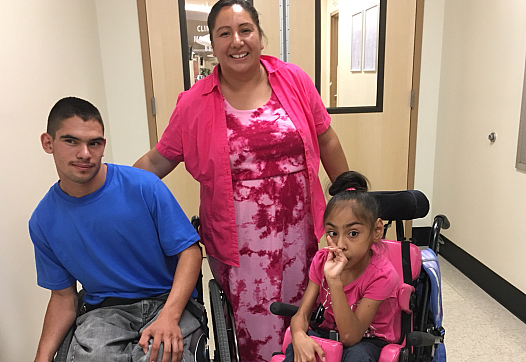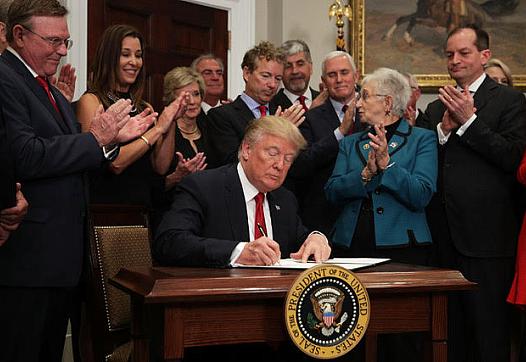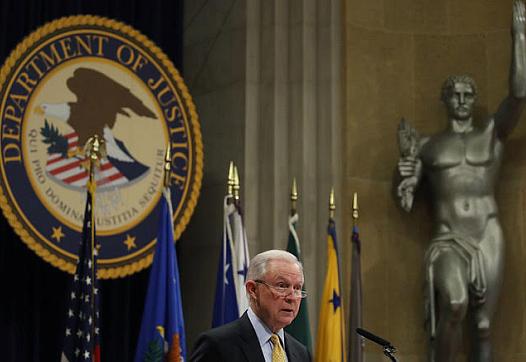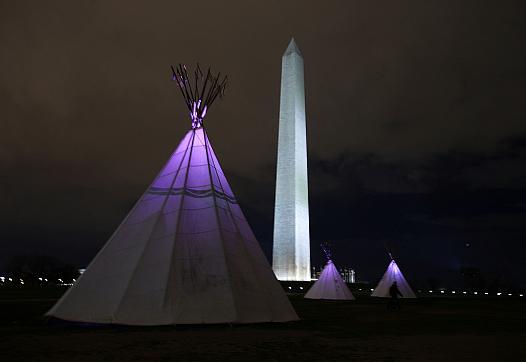
Stories of absurd bills have been great for boosting awareness, but the next batch needs to take a harder look at the politics halting change, writes Trudy Lieberman.

Stories of absurd bills have been great for boosting awareness, but the next batch needs to take a harder look at the politics halting change, writes Trudy Lieberman.

On the heels of the fellowship series "The Children of Central City," the New Orleans City Council recently approved a resolution calling for a citywide approach to childhood trauma.

At one of the busiest public hospitals in the nation, doctors are making a big push to better address the underlying forces shaping health.

Politico's Paul Demko looks at how three states — Washington, Mississippi and Idaho — are pursuing divergent paths under the new ACA landscape.
![[Photo by Philippe Roos via Flickr.]](/sites/default/files/styles/teaser_list_thumbnail_large/public/title_images/photo_299.jpg?itok=JxIKLTlL)
In Appalachia, a legacy hospital system is failing to keep people well and remain solvent. Can a new modernized health system take its place?

A yearlong effort to obtain basic Medicaid provider data in L.A. was rebuffed. Some health care leaders shut their doors gently. Others slammed them shut.

The need for more affordable coverage is real, but association health plans have had a dismal track record through the years.

“This is really an issue that you can explore in your state no matter what,” said WSJ health policy reporter Stephanie Armour.
![[Photo by Lauren via Flickr.]](/sites/default/files/styles/teaser_list_thumbnail_large/public/title_images/unnamed_11.png?itok=aDkHup5_)
Journalists are playing a key role in highlighting outrageous health care price tags. Why this flood of stories now? And will they make a difference?

Federal officials told tribal leaders in January they cannot exempt Native Americans from Medicaid work requirements. Tribes strongly disagree.